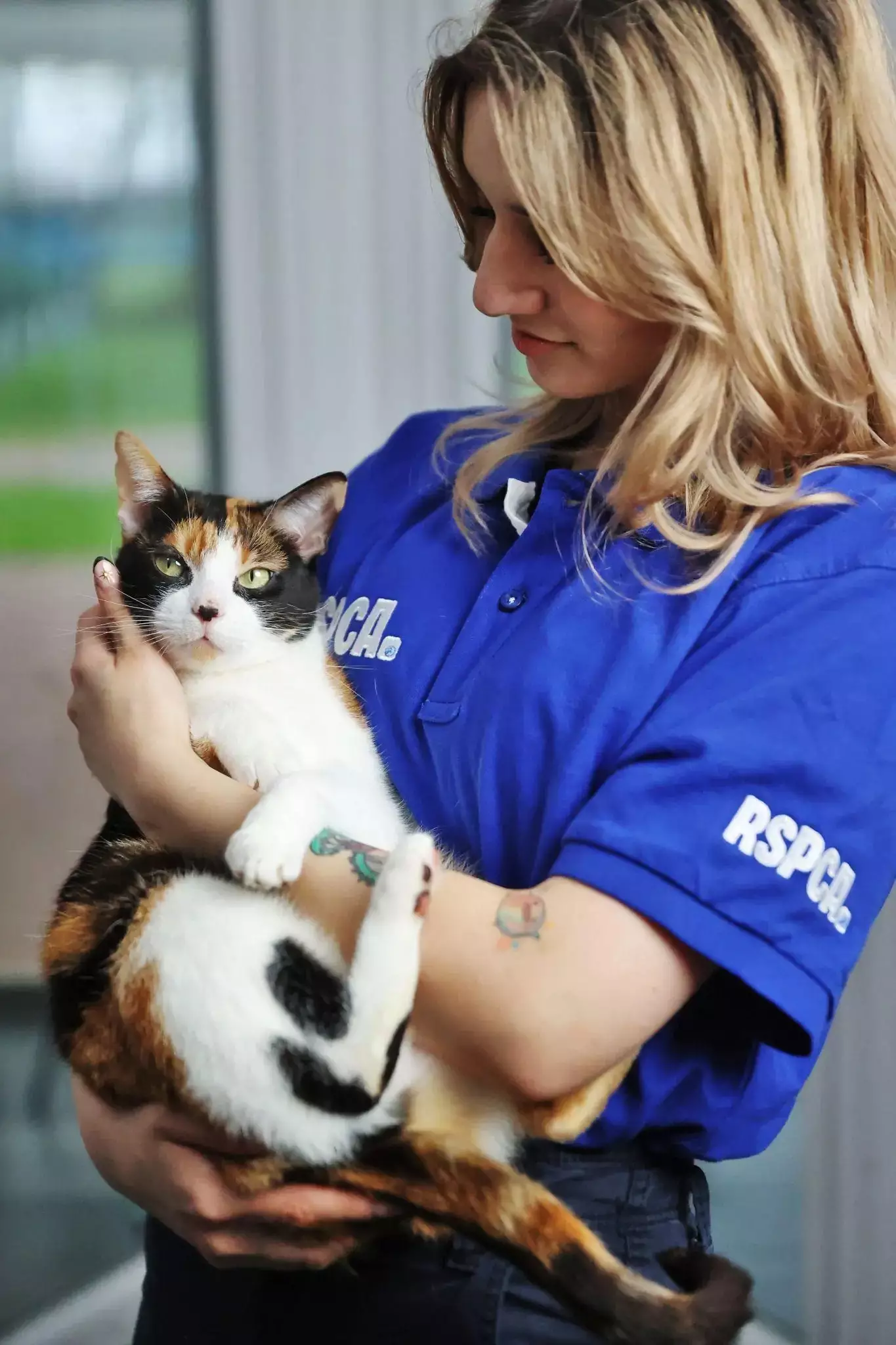The UK is currently facing a critical juncture in animal welfare, with rehoming centers experiencing unprecedented pressures. An alarming number of pets are entering rescue facilities at a pace much faster than they can be adopted. Notably, the RSPCA, which marks its 200th anniversary this year, has reported staggering statistics that reveal the deepening crisis. The charity is now incurring costs in the vicinity of £500,000 monthly to manage animals that are being housed in private boarding facilities, as their own centers reach maximum capacity. This situation is driven largely by two significant factors: the ongoing cost-of-living crisis and an increase in animal abandonment cases.
The emotional toll on these organizations cannot be understated. Care staff find themselves overwhelmed, dealing with not only the sheer number of animals needing shelter but also the distressing stories of abuse and neglect that many of these creatures carry. The RSPCA reported that more than 1,400 animals are currently awaiting care, underscoring how urgent the needs of these vulnerable beings are.
The financial burden on animal welfare charities is escalating. In the first four months of the year, the RSPCA spent a staggering £2.1 million just to care for animals housed in private boarding facilities because their own resources are stretched to the limit. Of this amount, nearly half was allocated specifically for the care of dogs—a poignant indication of the lengths to which the RSPCA must go to ensure these animals receive proper care. With more than 503 dogs waiting for space in RSPCA rehoming centers, the organization faces mounting bills that threaten to compromise its mission.
This financial strain is compounded by the economic conditions affecting potential pet owners. Many families are hesitant to adopt due to fears surrounding ongoing costs, which potentially include veterinary fees, food, and other necessities. A recent survey further buttressed this assertion, revealing that over 70% of respondents are not planning to acquire a new pet in the foreseeable future. The paradox of rising numbers of abandoned animals versus dwindling adoption rates signals a grim reality for animal welfare advocates.
Amidst these challenges, the RSPCA has made a fervent appeal to the public: consider adopting a pet instead of buying from breeders or pet shops. The organization emphasizes the emotional rewards that come from adopting a rescue animal. Each animal in their care, no matter its background, has the potential for love and companionship. By adopting, families can not only save a life but also alleviate some of the financial pressures on charitable organizations struggling to cope with soaring numbers.
Emerging from these tragic stories, one encounters uplifting examples of resilience, such as Jackson, a three-year-old German Shepherd cross, who is currently waiting for an available space in a rehoming center after being found in desperate circumstances. This narrative captures the essence of the work done by the RSPCA—not only rehabilitating animals but also preparing them for a new lease on life.
The challenges faced by the RSPCA echo far beyond its own facilities; the entire ecosystem of animal welfare in the UK is teetering on the edge. Smaller rescue groups, which are often run solely by volunteers, report surges in inquiries from owners looking to relinquish their pets. The RSPCA Macclesfield Branch notes a long waiting list of more than 180 individuals seeking to surrender their animals, including many cats and dogs. Such statistics reveal a distressing truth: as economic pressures mount, many families are finding it increasingly difficult to care for their pets.
Importantly, the RSPCA has a strict policy against euthanizing healthy, rehomeable animals. Their commitment to finding loving homes underscores a broader philosophy rooted in compassion and responsibility. However, resources are finite, and as the number of animals needing care increases while adoption rates decrease, every available space becomes critical.
As we continue to grapple with this animal welfare crisis, both society and policymakers must recognize the importance of responsible pet ownership and the need for proactive measures, such as increased public awareness campaigns, financial support for families struggling to care for their animals, and greater incentives for adoption. The challenge is great, but the opportunity to make a difference is within our grasp.
For animal welfare organizations like the RSPCA, public support in the form of both donations and adoptions can serve as a lifeline. The plight of these animals calls for not just empathy but action; it is a collective responsibility to ensure they do not suffer due to circumstance. By promoting adoption and addressing the systemic issues contributing to animal abandonment, we can collectively usher in a new era of hope and compassion in the realm of animal care.


Leave a Reply